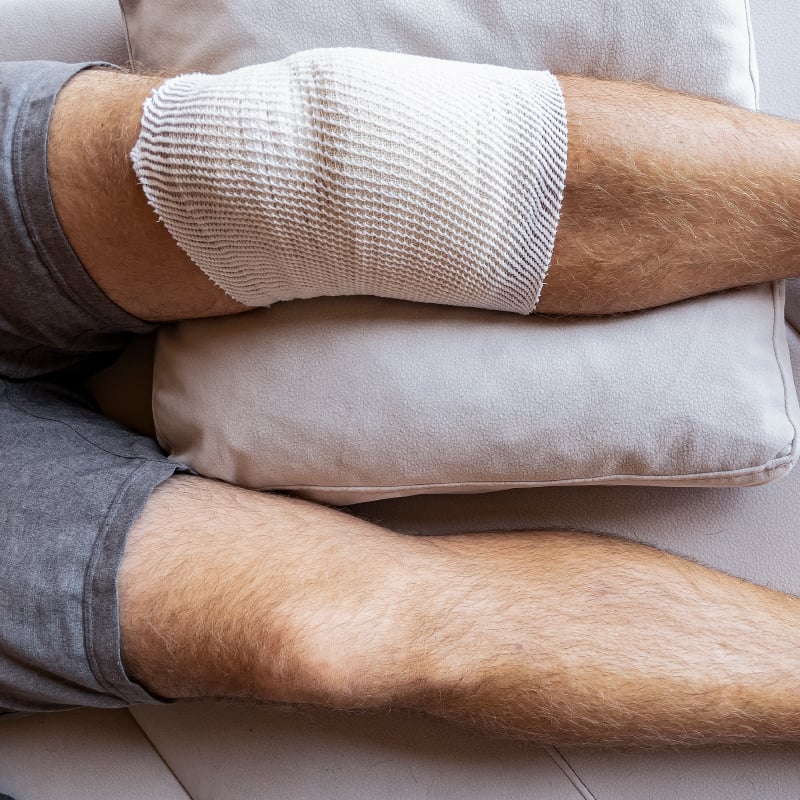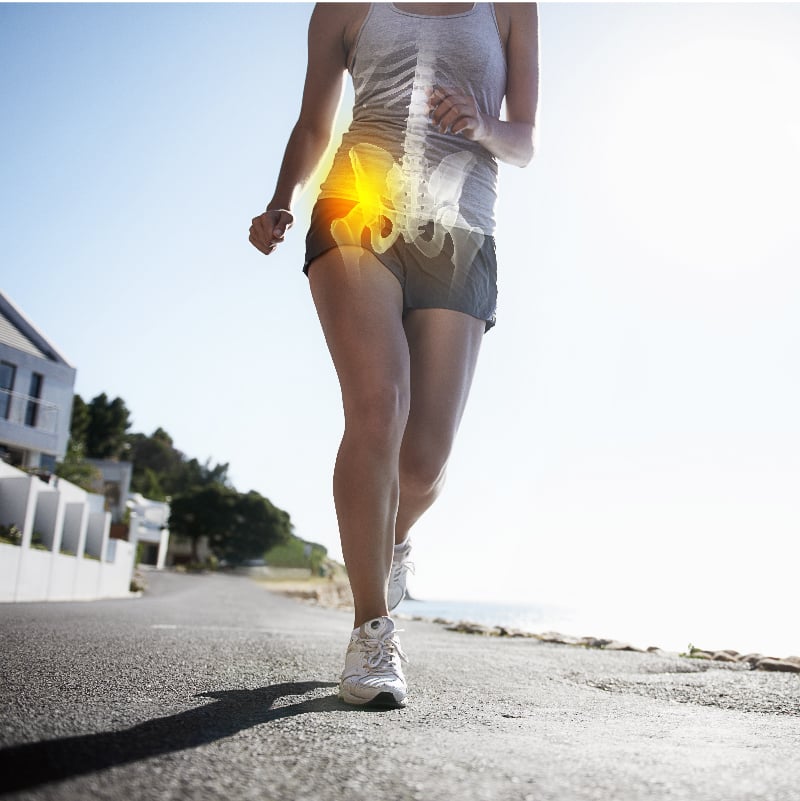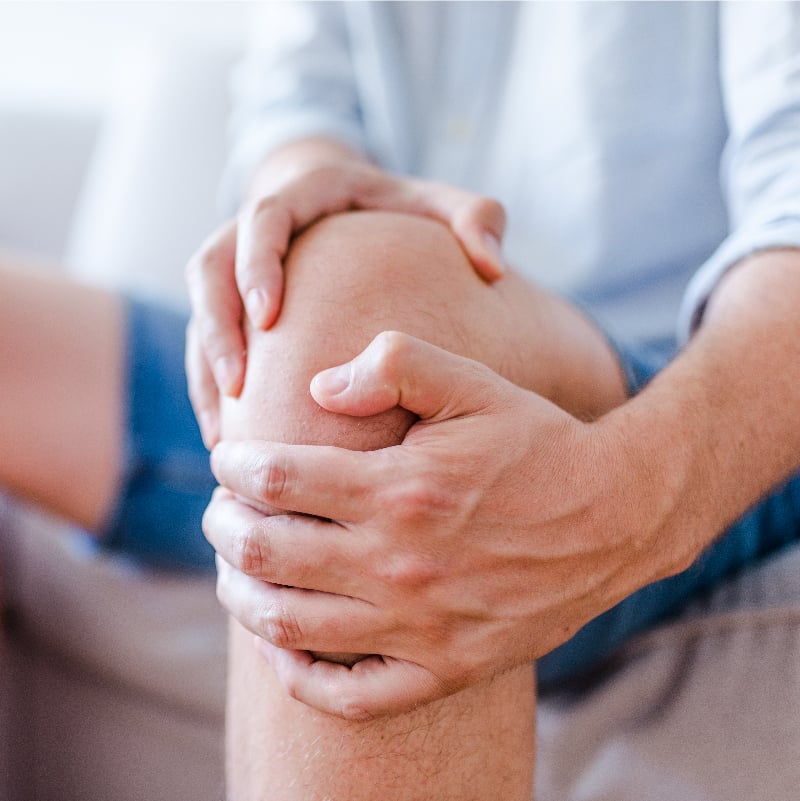For decades, we have been bombarded with information that calcium is good for your bones, that we all need milk for its calcium and vitamin D, and once we get older, we need to take calcium supplements - eat all the calcium!
But why? All cells in the human body need calcium, not just bones and teeth. A healthy heart, strong muscles, and quick reflexes all require calcium.
As patients become more involved and conscious of their diet and health care, they find themselves asking questions like, "Why should I take calcium supplements?” “Can't I get enough calcium from a good diet?” “What do calcium supplements do for me?"
We are glad patients are asking.
The need for calcium
The human body does indeed need calcium. Over 99% of the calcium in our bodies is used to build our bones and teeth. However, the amount of calcium that is in our bodies depends greatly on how much calcium we absorb through our diet. How well our body absorbs calcium also depends on the Vitamin D that's present. This is often why you see milk fortified with Vitamin D---it helps in calcium absorption. The human body typically absorbs about a quarter of the calcium we ingest.
That being said, young people (and particularly women who are pregnant and infants) absorb calcium much more efficiently than older adults, such as those who are in their late sixties and onwards. Postmenopausal women have been reported to have the least calcium absorption (405). Because the human body tends to decrease its calcium absorption, doctors and dietitians recommend calcium supplements to encourage the appropriate absorption rate.
So, for instance, while an average adult (a person over the age of 18) is expected to have a daily value of 1000 mg of calcium in their diet, people over the age of 70 are encouraged to have a daily value of 1200 mg.
Hence, calcium supplements really give our bodies an extra opportunity to take in as much calcium as possible. Like with milk, you'll often find calcium supplements that include Vitamin D as part of their compound makeup to help encourage maximum calcium absorption, which again, is about 25 percent of what you're actually ingesting.
Aging increases our need
Humans need to increase calcium intake in our diets as we age. Why? About 99 percent of the calcium that contributed to your bones and teeth isn't a permanent thing, but it's always in motion. That other small percentage of calcium that isn't in our bones and teeth is being used in our bloodstream.
All cells in the body need calcium, and our body is willing to sacrifice it from our bones so that our heart, muscles, and nerves receive that much needed calcium. Certain cells in our bodies called osteoclasts exist to break down the calcium in our bones if we aren't getting enough calcium through our diet. Other cells called osteoblasts then work to rebuild the missing bone.
As a result, our bones are constantly breaking down and regenerating, which is why whenever we break bones, we can heal again. However, this only happens if we have sufficient amounts of calcium for our bodies to work with.
If a person breaks a bone, a boost in calcium helps slow the eroding actions of the osteoclasts and instead helps the osteoblasts repair the damage, all while the other cells in our body are still getting their required serving of calcium as well. The same goes for older adults: by increasing the amounts of calcium in our diets, such as through supplements, we help the osteoblasts build and keep the osteoclasts from eating away at the calcium deposits in our bones.
Osteoporosis
Literally translating as "porous bone", osteoporosis happens to both men and women. However the disease is more prevalent in women due to the fact that men typically have larger bodies and denser bone mass. Since women usually have smaller bodies and lighter bone mass, osteoporosis tends to hit women sooner.
Osteoporosis can be delayed by consuming the recommended amount of calcium (1000-1200 mg) during youth as well as leading an active lifestyle. Those osteoblasts mentioned earlier can actually work harder whenever bones experience weight-bearing or resistance exercises. The additional stress and pressure put on bones puts the osteoblasts to work to reinforce bone density, and thereby creating stronger bones that take a longer time to break down when our bodies stop absorbing calcium as efficiently from our diets.
Athletes don't often tend to experience osteoporosis in their old age because of the healthy bone strengthening they did during their prime calcium absorbing days. If you're a person between the ages of 18-30, now is the prime time of your life to really work on strengthening your bones and working to prevent brittle bones in your future.
If you're concerned about genetic factors or think you might be at risk for osteoporosis, contact our orthopaedic providers.









